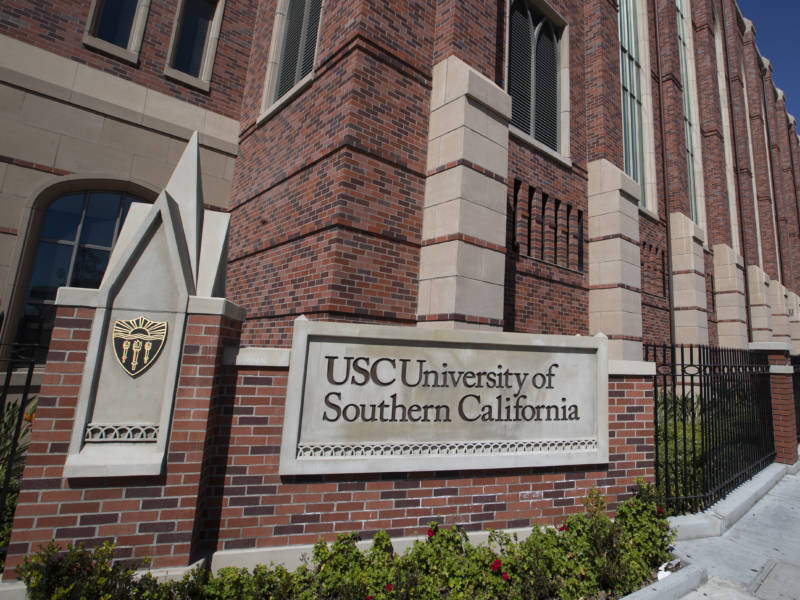Update, 12:07 p.m., Wednesday:
The University of Southern California has announced a new president to usher in "a new era." The university said Wednesday that Carol Folt will become the university's 12th president. The announcement comes a week after news broke of a massive college bribery scandal involving USC and other universities across the country.
Folt most recently was chancellor of the University of North Carolina at Chapel Hill.
She will become USC's president on July 1, taking over from interim President Wanda Austin, who stepped in after former President C.L. Max Nikias resigned last summer.
Nikias stepped down amid reports the school ignored complaints of widespread sexual misconduct by a longtime campus gynecologist.
USC says Folt will "promote positive cultural change and uphold the highest values of excellence, integrity and trust across USC."
Original post:
University of Southern California students allegedly embroiled in the college admissions scandal that has rocked universities across the country won't be allowed to register for classes while officials conduct an internal investigation.

9(MDAxOTAwOTE4MDEyMTkxMDAzNjczZDljZA004))
